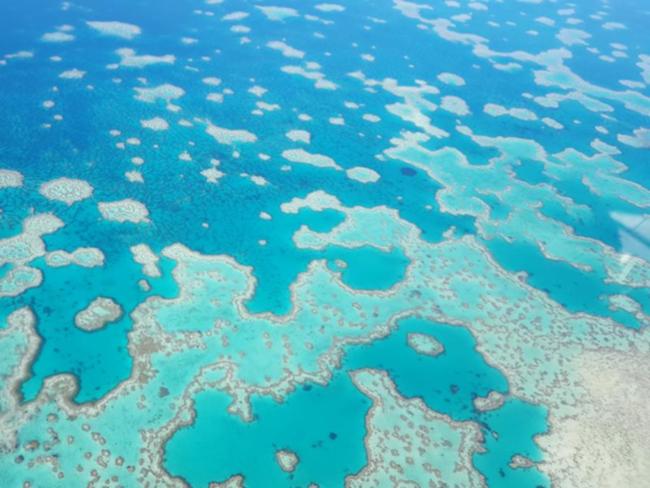Our Terms & Conditions | Our Privacy Policy
Scientists say AI could help save struggling Great Barrier Reef
Australia’s most significant ecological and tourism asset, The Great Barrier Reef, has been decimated by climate change, with scientists now hoping to use new technology to help preserve Australia’s “rainforests of the sea”.
Reefs makes up only 1 per cent of the world’s ocean area, but they host up to 25 per cent of all marine life and have been decimated by severe bleaching events since 2016, exacerbated by coastal development and invasive crown-of-thorns starfish outbreaks.
Researchers from The University of South Australia, as well as researchers from Queensland and Victoria, have launched a project to use artificial intelligence (AI) to monitor and possibly stall the damage to the world’s most fragile marine ecosystems.
Know the news with the 7NEWS app: Download today
“The future of coral reef conservation lies at the intersection of technology and collaboration,” UniSA data analyst and lead researcher Dr Abdullahi Chowdhury said.
“This research provides a roadmap for harnessing these technologies to ensure the survival of coral reefs for generations to come.”
The researchers hope to use AI to combine all research data relating to coral reefs from organisations all over the world, including underwater videos and photographs, satellite images, text files and time-sensor readings, onto a central dashboard for real-time global monitoring.
The data will provide environmental scientists with real-time predictions, Chowdhury said.

 The Great Barrier Reef is being decimated by climate change. File image. Credit: AAP
The Great Barrier Reef is being decimated by climate change. File image. Credit: AAP
“At the moment we have separate models that analyse substantial data on reef health — including bleaching levels, disease incidence, juvenile coral density and reef fish abundance — but these data sets are not integrated, and they exist in silos,” he said.
“Consequently, it is challenging to see the ‘big picture’ of reef health or to conduct large-scale, real-time analyses.”
The Queensland government said it was “no secret” the reef is under pressure from multiple threats, and it was “committing large-scale funds” and working closely with many partners to safeguard the reef.
“The Queensland government has committed more than $1 billion since 2015 on actions to protect our reef,” it said,
“We’re taking bold action to protect current and future generations from the impacts of climate change.”
Researchers said AI systems will be able to track bleaching severity and trends over time, monitor crown-of-thorns starfish populations and predation risks, detect disease outbreaks and juvenile coral levels, as well as assess reef fish abundance, diversity, length, and biomass.
“By centralising all this data in real time, we can generate predictive models that will help conservation efforts, enabling earlier intervention,” Central Queensland University GIS data expert Musfera Jahan said.
“Our coral reefs are dying very fast due to climate change, not just in Australia but across the world, so we need to take serious action pretty quickly.”
Boy seriously injured as he’s struck by car in Brisbane
0 min read
Two people fighting for life after Gold Coast crash
1 min read
[ad_1]
Images are for reference only.Images and contents gathered automatic from google or 3rd party sources.All rights on the images and contents are with their legal original owners.
[ad_2]



Comments are closed.